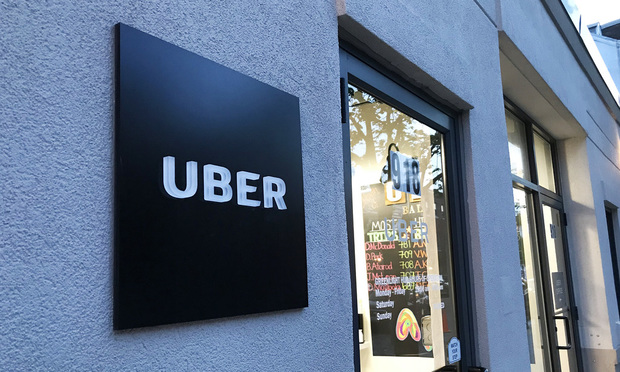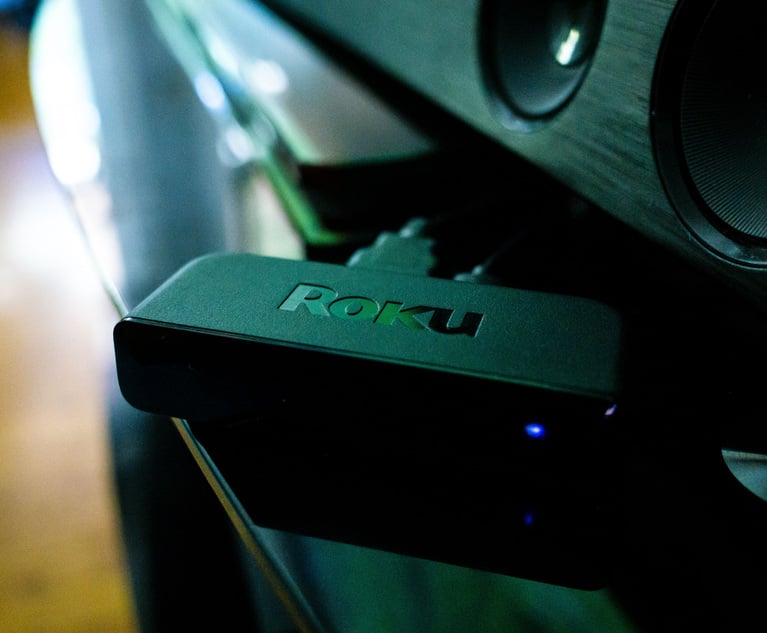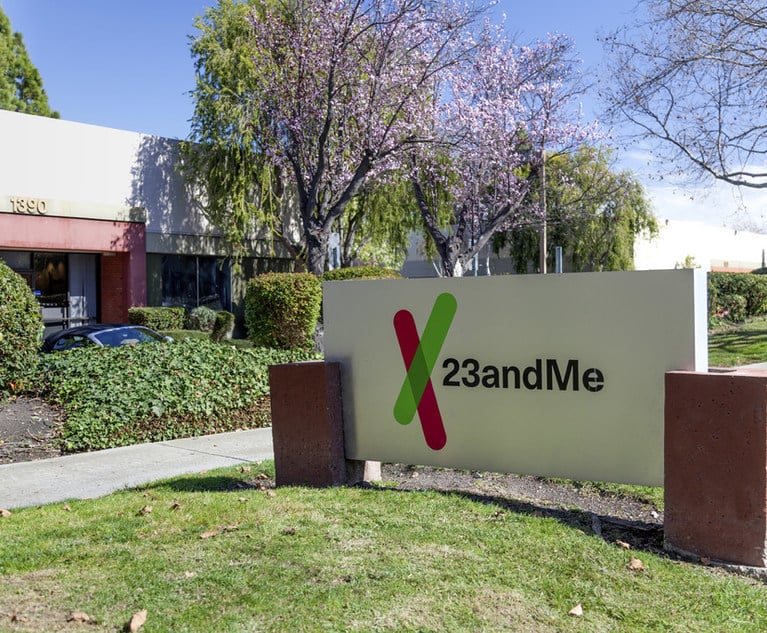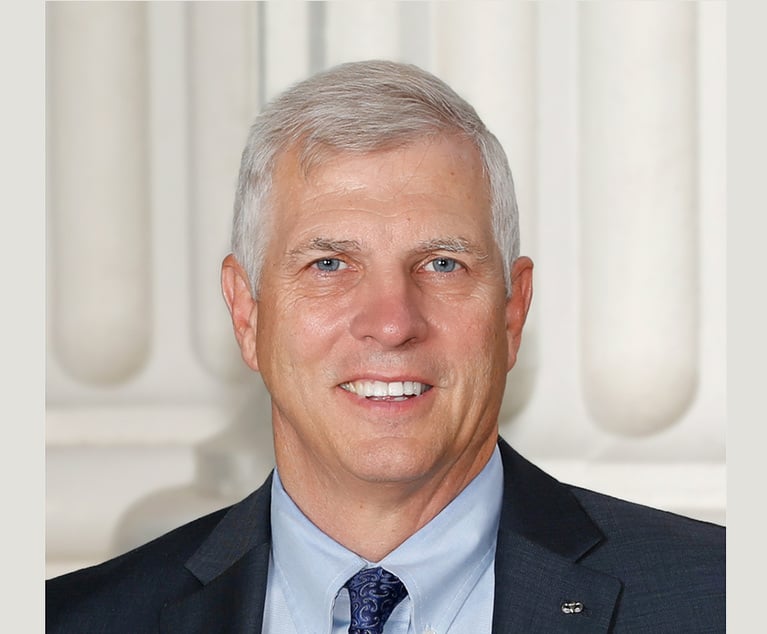A federal judge has tossed half the lawsuits brought over a data breach of Uber after finding that riders were aware they signed arbitration agreements when they registered to use the app.
U.S. District Judge Philip Gutierrez, who is overseeing all the consumer class actions brought in the Central District of California over a 2017 breach of the company, also rescheduled a hearing this week for Oct. 1 to determine which plaintiffs lawyers would lead the significantly pared-down litigation.

 Uber offices in the Fells Point neighborhood of Baltimore. May 3, 2018. Photo: Diego M. Radzinschi/ALM
Uber offices in the Fells Point neighborhood of Baltimore. May 3, 2018. Photo: Diego M. Radzinschi/ALM








